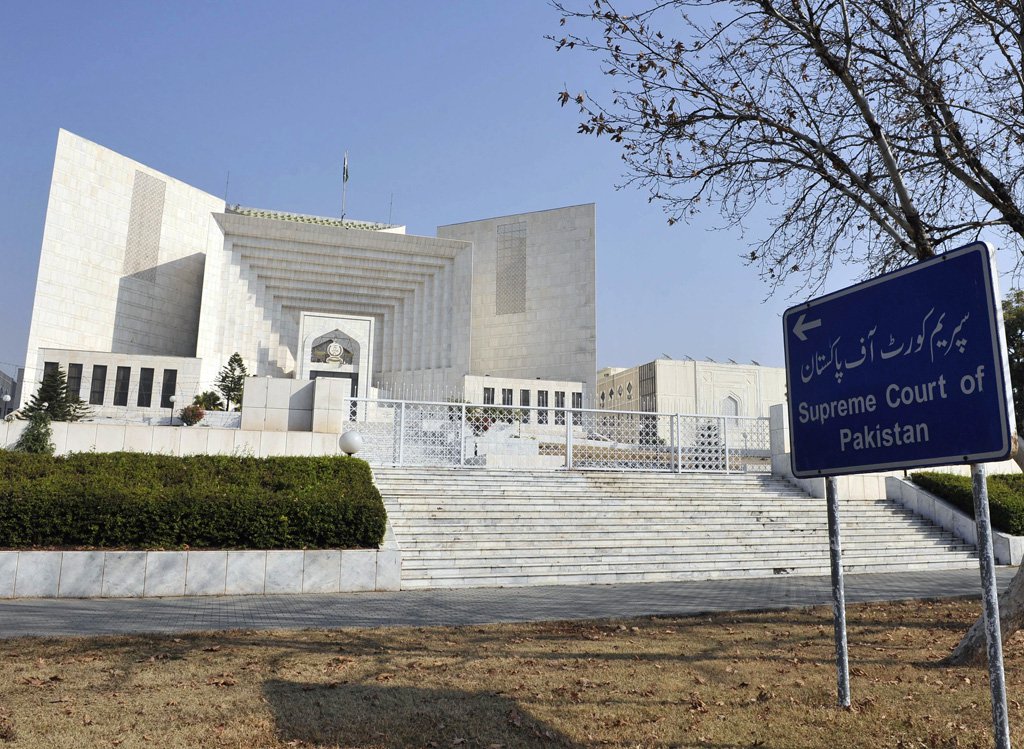The details of the treaties were sought in the case of Talha Haroon, accused in the New York Times Square attack. The bench was led by Justice Mushir Alam.
The court restrained the extradition of the accused to the US till further orders and summoned the attorney general and relevant officials of the foreign ministry along with the record.
During today's hearing, the court also inquired into the number of people extradited by Pakistan from the US and the UK and the number of people extradited from Pakistan..
Justice Qazi Amin also asked that if there is no agreement between Pakistan and the US, then how can extradition take place between the two countries?
“By the way, the United States takes away whomever it wants without any agreement,” the judge said. “What is the evidence on the basis of which the accused should be handed over? Pakistan is a sovereign state."
“We will protect our citizens according to law,” Justice Amin added.
Petitioner's counsel prayed upon the court that a single bench of the Islamabad High Court (IHC) had ruled that the evidence of handing over Talha Haroon to the United States was not admissible.
“The inquiry is left to the magistrate,” he said, “It is feared that the magistrate will hand over the accused Talha Haroon to the United States.”
The apex court adjourned the hearing for two weeks.
Last year in May, the IHC barred the government from handing over the American citizen of Pakistani origin to the United States. Haroon is accused of involvement in planning an attack in New York City.
Haroon, 19, was arrested in Pakistan in 2016 after US authorities identified him as one of three men, along with a Canadian citizen and a man from the Philippines, planning attacks on Manhattan’s Times Square and the city’s subway.
Justice Mohsin Akhter Kiani had announced the verdict on a petition filed by Muhammad Haroon, father of the accused, challenging the district administration’s decision to extradite his son to the US.
Justice Kiani had observed that a citizen could not be extradited solely on the basis of postal correspondence between Islamabad and Washington.
The high court said the investigation officer probing the matter in the US and Haroon's lawyer should appear before an inquiry magistrate. The inquiry magistrate was directed to decide the case within 60 days.
The federal government had filed an intra-court appeal against the decision, which was upheld by a two-judge bench of the IHC, which annulled the decision of the US investigating officer to appear before an inquiry magistrate in Pakistan though which the extradition would have been made easy.
The family of the accused then filed an appeal in the SC against this decision.
































